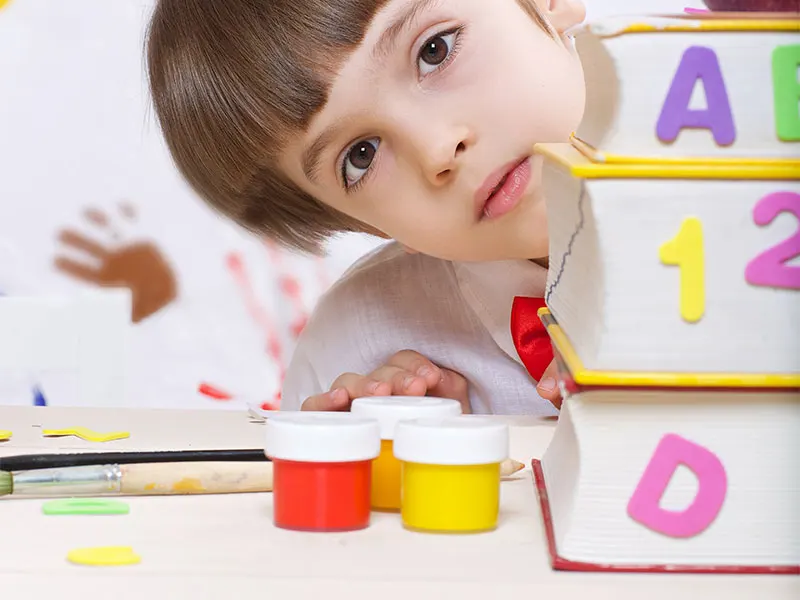In the dynamic landscape of education, where innovative tools and methods vie for attention, educational toys have emerged as powerful agents of change. They offer a unique amalgamation of entertainment and education, creating an engaging environment for children’s development. This article delves into the intricate layers of significance surrounding educational toys, shedding light on why educational toys are important and indispensable for shaping the holistic growth of our young ones.
The Learning Odyssey Begins with Play:
At the heart of childhood lies the universal language of play, and educational toys serve as enchanting storytellers. From vibrant building blocks to interactive puzzles, these toys not only captivate a child’s imagination but also provide a dynamic platform for experiential learning. Let’s journey to unravel the layers of wisdom concealed within these playful adventures.
1. Cognitive Development:
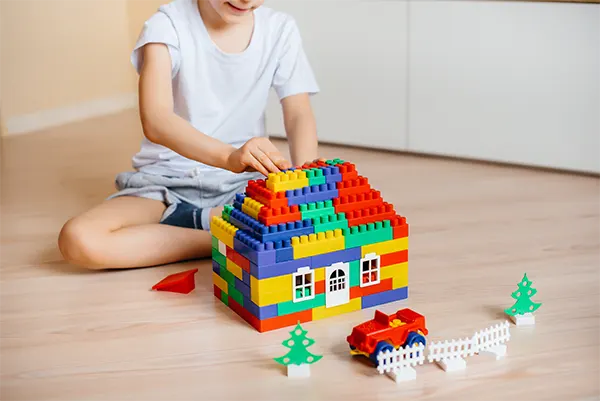
Educational toys are not mere playthings; they are catalysts for cognitive development. Games like puzzles and problem-solving challenges require children to decipher patterns, recognize shapes, and employ critical thinking skills. These seemingly simple interactions lay the foundation for advanced cognitive functions, fostering intellectual growth and a thirst for knowledge.
2. Fostering Creativity:
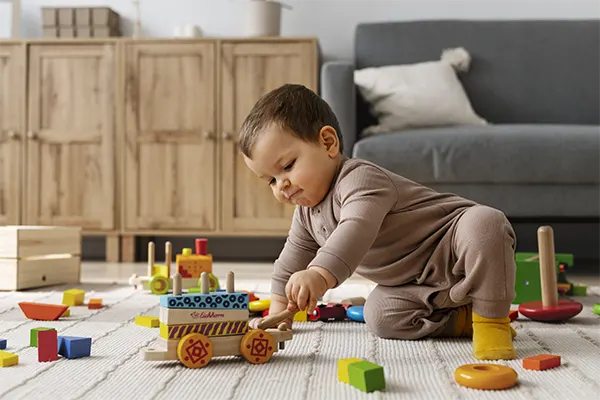
Creativity is the heartbeat of success in the 21st century. Educational toys, ranging from art supplies to intricate building kits, facilitate unlocking a child’s creative potential. Through artistic expression and imaginative play, children cultivate a robust sense of creativity, essential for navigating the complexities of a rapidly changing world and tackling challenges with innovative solutions.
Visit: why outdoor games for kids
3. Language Proficiency:
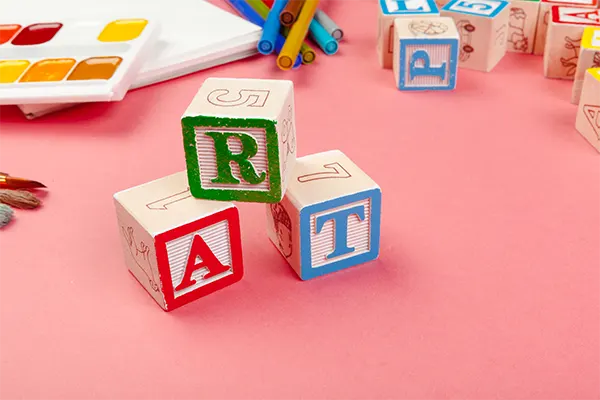
Many educational toys are ingeniously designed to enhance language skills. Storytelling sets and language-based games not only make learning enjoyable but also facilitate vocabulary expansion, sentence construction, and overall language proficiency. Immersing themselves in interactive play, children not only learn new words but also grasp the nuances of language usage, laying a solid foundation for effective communication.
4. Social Skills Development:
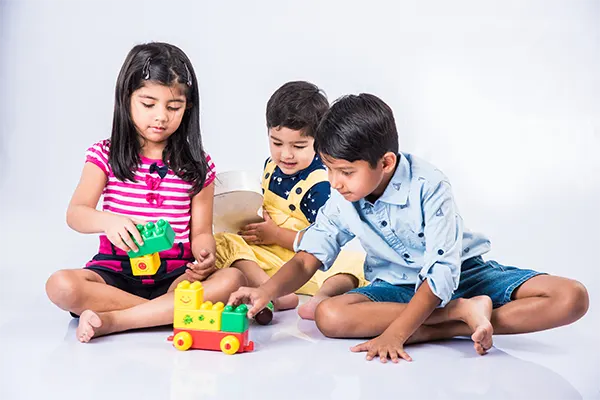
Educational toys often involve group activities, promoting the development of essential social skills. Board games and collaborative projects teach children the value of sharing, taking turns, and working together towards common objectives. These early social interactions contribute significantly to the cultivation of emotional intelligence and empathy, crucial attributes for successful relationships in adulthood.
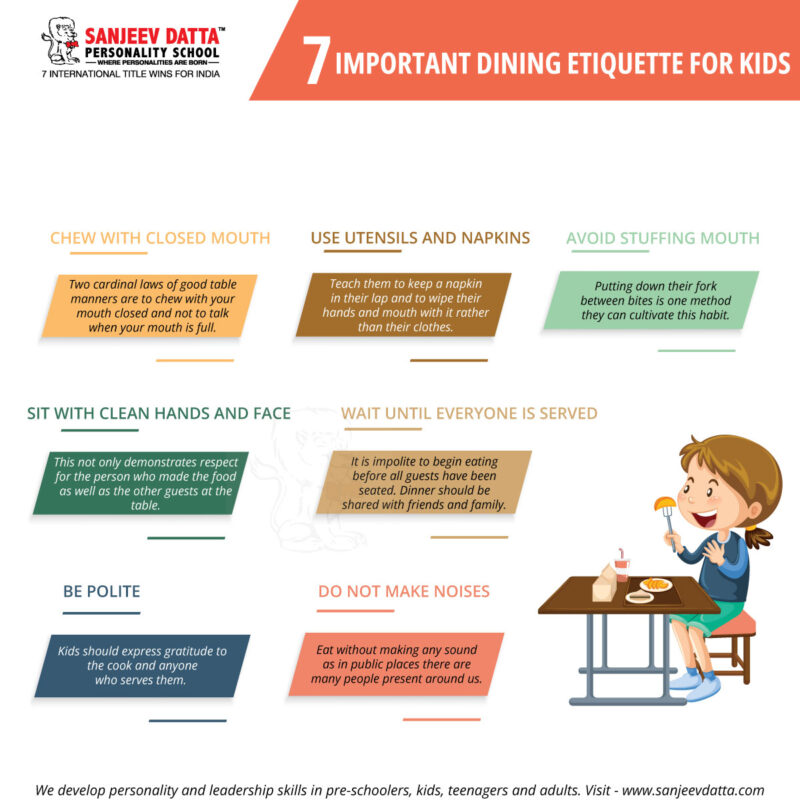
5. Fine and Gross Motor Skills:

Physical play is integral to a child’s overall development. Educational toys that involve building, stacking, or manipulating objects contribute to the refinement of fine and gross motor skills. These skills are indispensable for everyday tasks, from writing and buttoning a shirt to participating in sports and other physical activities, ensuring a well-rounded foundation for a child’s physical capabilities. Invest in your kids’ success with our dynamic classes for personality development for kids – a comprehensive program tailored to polish your communication, presentation, and leadership abilities, equipping you to thrive in today’s competitive world.
6. Emotional Regulation:

Educational toys often mimic real-life situations, providing children with the opportunity to navigate and understand their emotions. Role-playing games, for instance, help children express and manage their feelings in a safe and controlled environment. This fosters emotional regulation, an essential skill for building resilience and coping with life’s challenges.
7. Introduction to Technology:

In the digital age, exposure to technology is inevitable. Educational toys incorporating technology, such as interactive tablets or coding kits, introduce children to essential digital skills. Familiarity with technology from an early age enhances their technological literacy, a crucial competence in the modern world.
8. Time Management and Planning:

Board games and educational puzzles often require strategic thinking and planning. Engaging in such activities helps children develop essential skills in time management, organization, and goal-setting. These skills are transferable to academic tasks and become increasingly important as children progress through their educational journey.
Visit: dangerous effects of online games
9. Cultural Awareness and Diversity:
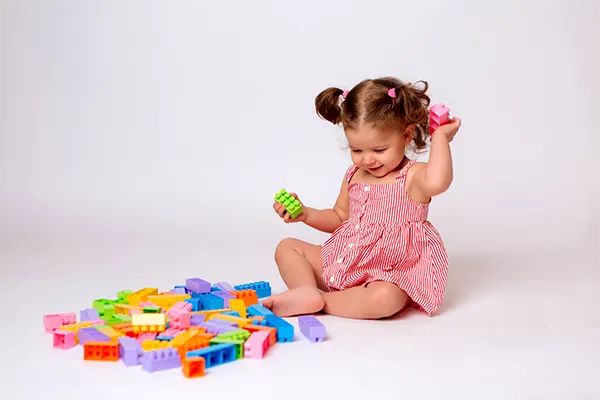
Many educational toys are designed to promote cultural awareness and diversity. Games, puzzles, and books that showcase different cultures, traditions, and perspectives help children develop an understanding and appreciation for diversity. This early exposure lays the foundation for tolerance, respect, and a global mindset. Shape your child’s destiny with our personality development course, a holistic learning experience that hones your personality traits, refines your communication style, and empowers you to make a lasting impression in both personal and professional spheres.
10. Enhanced Memory Skills:

Memory is a fundamental aspect of learning, and various educational toys are specifically designed to enhance memory skills. Memory games, flashcards, and matching activities challenge children to remember patterns, sequences, and information, contributing to the development of both short-term and long-term memory capabilities.
11. Scientific Exploration:

Educational toys related to science and exploration, such as microscopes, science kits, and telescopes, ignite a child’s curiosity about the world around them. These tools promote hands-on scientific exploration, encouraging a love for discovery and inquiry-based learning. Such experiences can pave the way for future interests and pursuits in STEM fields.
Visit: benefits of rhymes for kids
12. Enhanced Concentration and Focus:

Engaging with educational toys often requires sustained attention and concentration. Whether it’s assembling intricate puzzles or participating in educational games, children develop the ability to focus on a task for an extended period. This skill is invaluable in academic settings and other aspects of life that demand sustained attention.
13. Conflict Resolution Skills:

Group activities and games often involve collaboration, leading to occasional conflicts among children. Educational toys provide a platform for children to develop conflict resolution skills, negotiation abilities, and the capacity to work through differences. These social skills are essential for healthy relationships and effective communication.
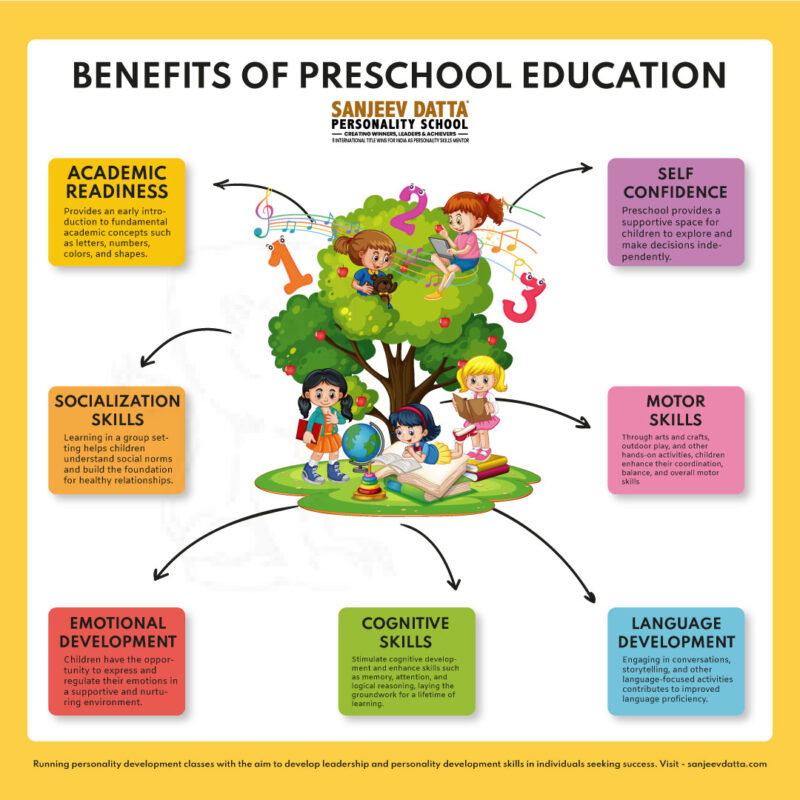
14. Financial Literacy:

Educational toys can extend into the realm of financial literacy. Board games centered around money management, budgeting, and entrepreneurship introduce children to basic financial concepts playfully and interactively. This early exposure lays the groundwork for responsible financial decision-making later in life.
15. Environmental Awareness:

Toys that focus on environmental themes, such as recycling games or eco-friendly building kits, instill a sense of environmental responsibility in children. By connecting play with ecological awareness, educational toys contribute to the development of environmentally conscious habits and a commitment to sustainable living.
Visit: why financial literacy for kids
Conclusion:
As we conclude our exploration into the world of educational toys, the central question echoes louder than ever: Why are educational toys important? The answer is embedded in their transformative potential to comprehensively shape a child’s mind. From cognitive prowess to heightened creativity, language proficiency, social adeptness, and motor skill refinement, educational toys stand as silent architects of a child’s holistic growth. Recognizing the profound impact of these toys is not just a parental choice but a societal imperative. By investing in toys that foster a love for learning, parents and educators collectively contribute to a brighter and more enlightened future. In essence, why are educational toys important? They pave the way for a generation that is not just educated but truly prepared for the challenges and opportunities that lie ahead, ensuring a legacy of lifelong learners and innovative thinkers.
Why Sanjeev Datta Personality School?
- Interview Training
- Leadership
- Presentation Training
- Social Boldness
- Dressing Etiquette
- Office Etiquette
- Communication Skills
- English Speaking
- Anger Management
- Time Management
- Team Building
- Performance Enhancer
- Soft Skills
- Goal Setting
- Career Counselling
- Student Subject Choice Counselling
- Listening Skills
- Video Presentation
- Meditation
For more details, contact us now!

